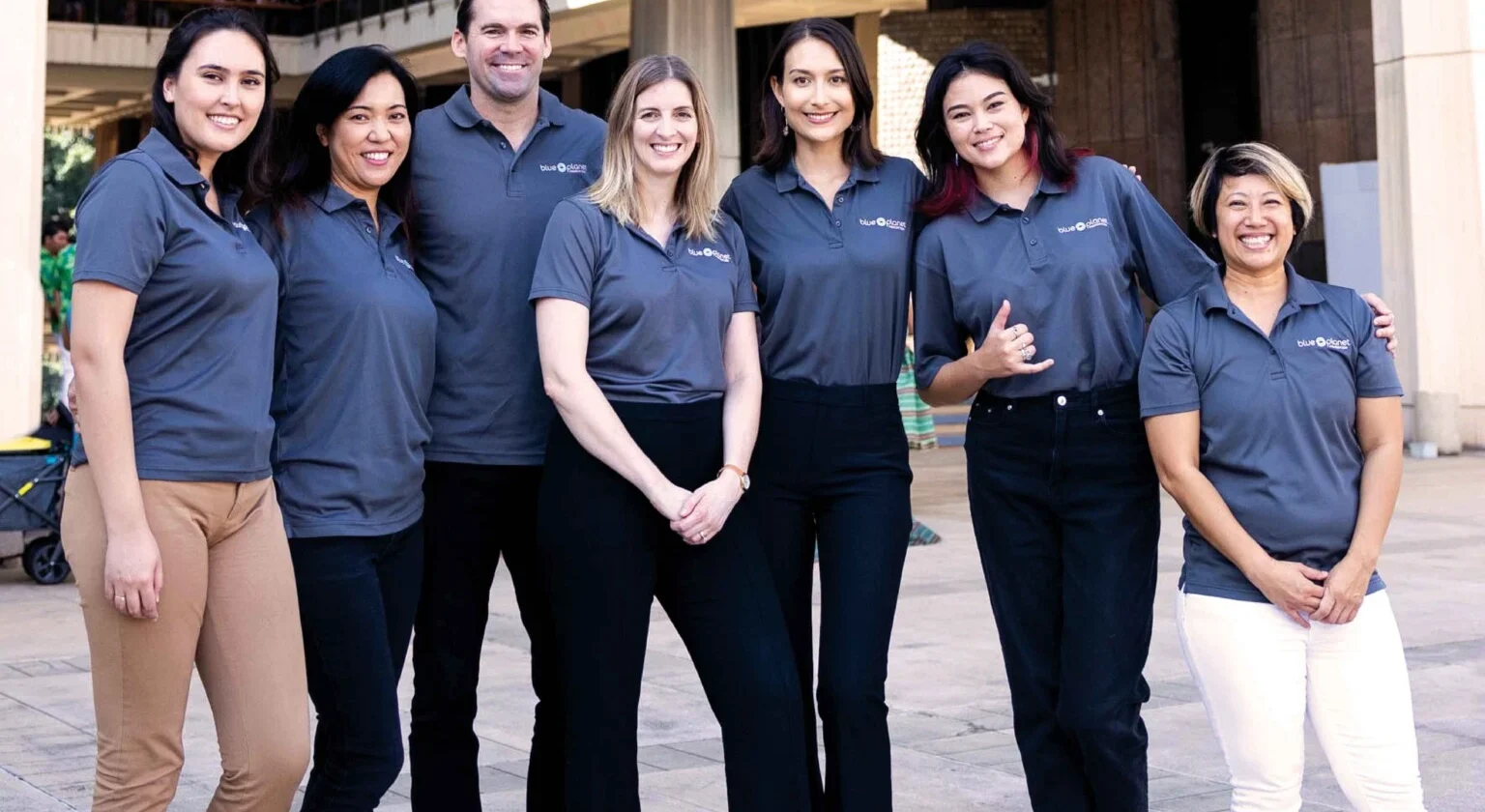Published by Hawaii Business Magazine, February 16, 2023
Blue Planet Foundation, a driving force behind Hawai‘i’s commitment to 100% renewable energy by 2045, has policy recommendations for the 2023 state Legislature to keep the Islands on track.
“In some respects, I think we’ve moved away from the kind of flashy, bold policy proposal to things that might be a little bit more detailed and nuanced but are critically important if we want to get to that future” of a clean energy Hawai‘i, says Melissa Miyashiro, executive director of the foundation.
The nonprofit’s policy proposals for the Legislature include:
- Adding to the list of minimum efficiency standards for household products sold in the state.Miyashiro says these standards would allow only energy- and water-efficient products to be sold in stores; they would be models that sell at prices no higher than inefficient models.These revised rules would save businesses and residents money, she says. By setting efficiency standards, Blue Planet estimates that residents and businesses can save $169.7 million on their utility bills over 15 years.
- Advocating for a bill that phases out the sale of new fluorescent bulbs in the state because they contain toxic mercury and use more energy than LED alternatives. The state banned sales of incandescent lamps in 2009. The U.S. Department of Energy banned the manufacture of incandescent bulbs this year and their sale will end in July.
- Extending the Energy Efficiency Portfolio Standard beyond 2030. The EEPS set interim goals for renewable energy use by electric utilities for 2015, 2020, 2025 and 2030. Extending the EEPS beyond 2030 would allow the Public Utilities Commission to push for more benchmarks on the path to 100% renewable energy by 2045.
- Supporting bills related to clean transportation and electric vehicles. Bills introduced in this year’s Legislature propose to create an electric vehicle-ready requirement for new state facilities, and EV-ready incentives for new affordable housing.Another bill would offer a state rebate for purchasing an EV. Blue Planet also wants to require an increasing percentage of Hawai‘i rental cars, tour buses and other visitor industry vehicles to be electric, with a goal of 100% zero-emission tourism vehicles by 2035.
- Advocating for the creation and funding of a state equity and social vulnerability index designed to help understand the social impacts of climate change in Hawai‘i. The proposal would also appropriate funds for the creation of a database and portal from data sources compiled by the Hawai‘i Climate Change Mitigation and Adaptation Commission.
Read the full feature in Hawaii Business magazine here.
